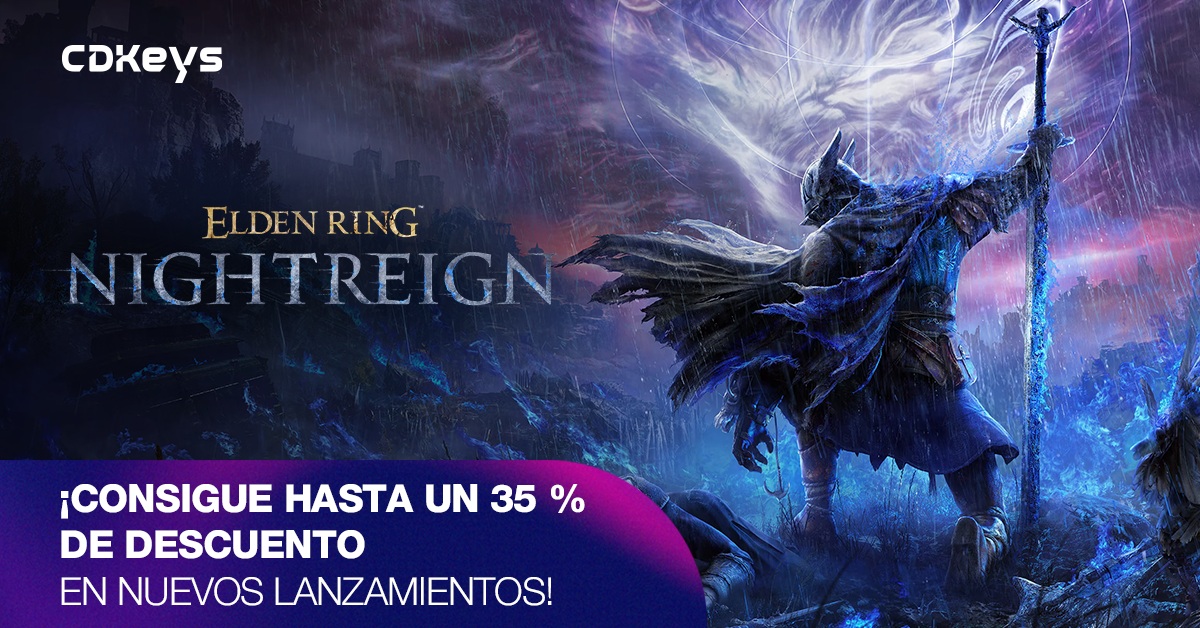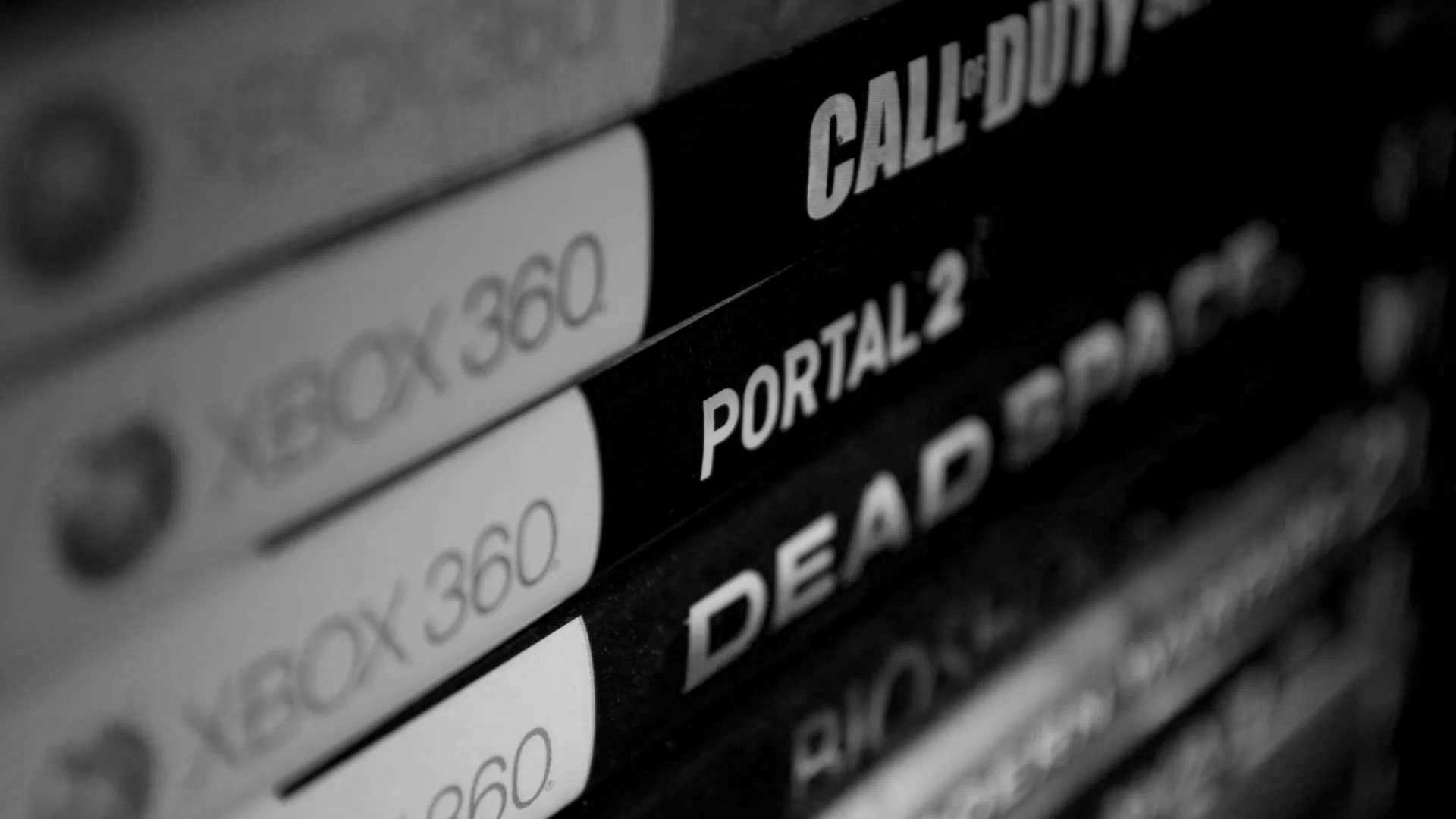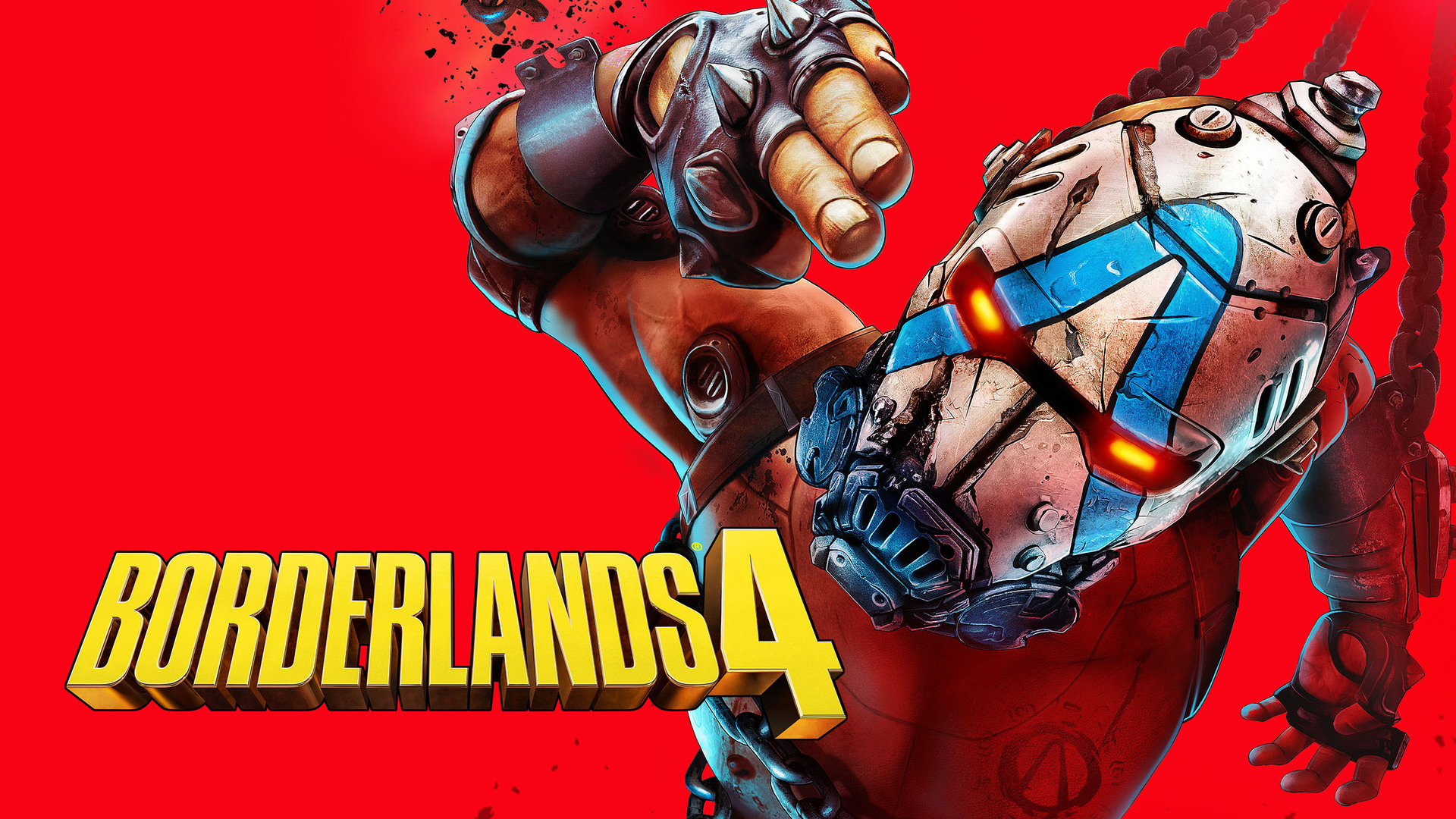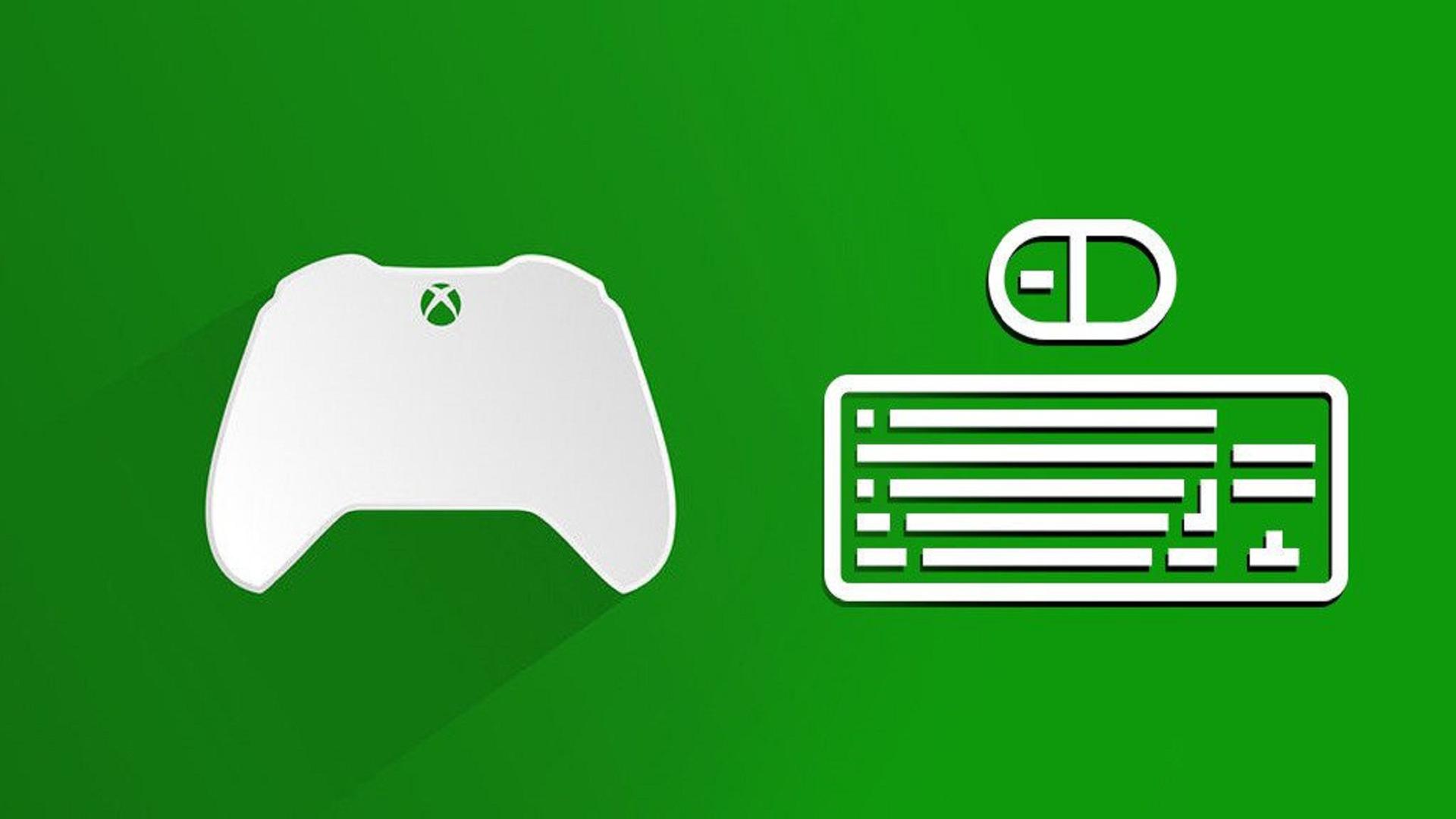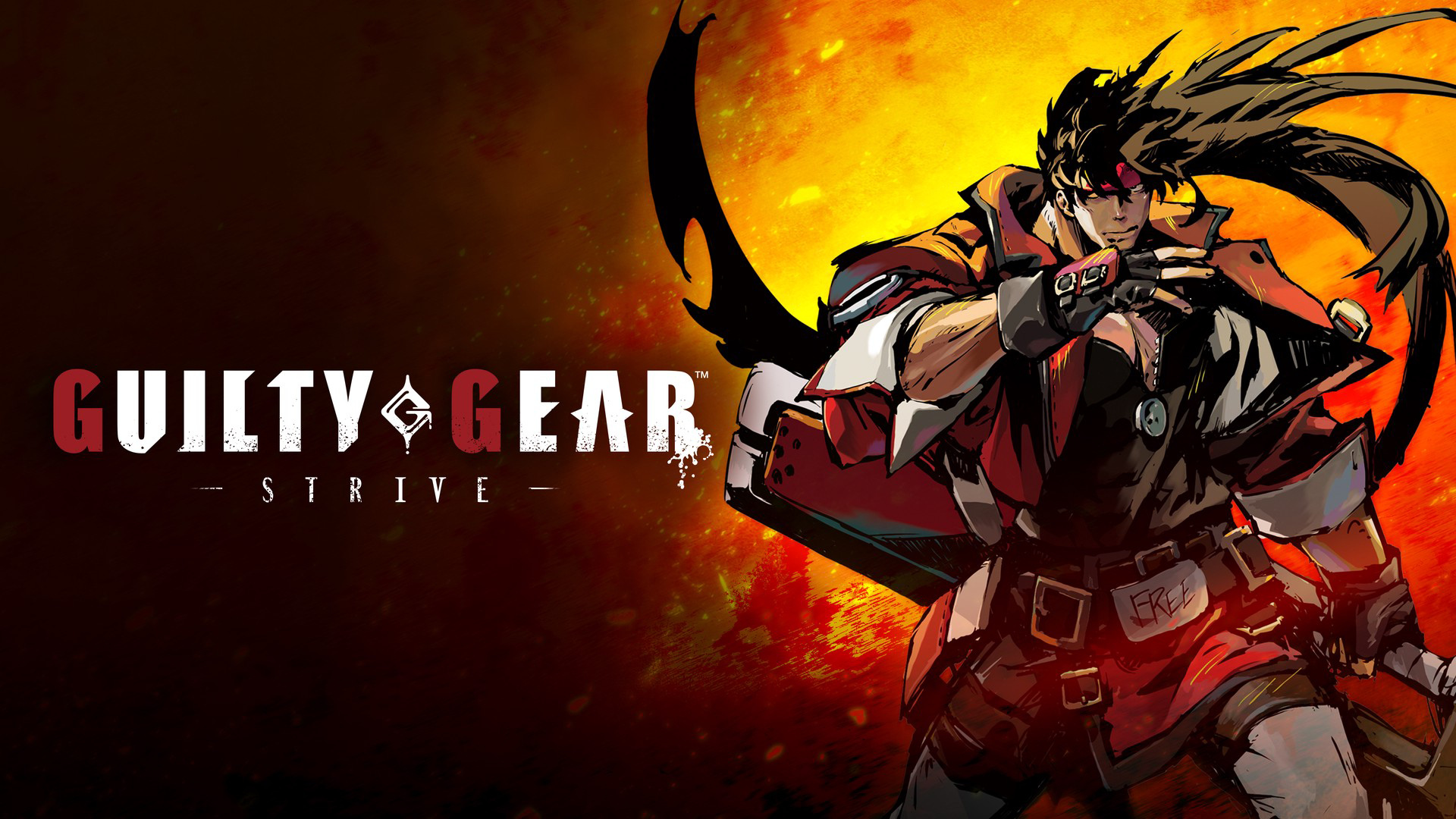The next Xbox promises backwards compatibility, but the abandonment of physical formats in games like Ninja Gaiden 4 and The Outer Worlds 2 raises doubts about its real scope.
More stories in the category News
- Get 4 free operators in Rainbow Six Siege X until June 26: available on Xbox, PC and more
- Borderlands 4 will not have a linear story and you will be able to progress as you see fit
- Xbox expands support for mouse, keyboard and touch controls in new 2025 games
| Don't miss anything and follow us on Google News! |
The next generation of consoles Xbox is already in development, and both Microsoft and AMD have begun to outline some key details of their joint vision as we have explained in recent days. One of the confirmed elements is that backward compatibility will be a central part of this new era, allowing players to access their favorite titles on console, PC, or portable devices.
This information has been reinforced during Sarah Bond’s presentation and recent statements from AMD, where it is mentioned that chips designed for this new generation will maintain compatibility with previous versions as part of an open and multi-platform strategy. However, although the overall message is encouraging for veteran players, there are still many uncertainties to be resolved.
What is already confirmed about backward compatibility
Xbox has built over the years a ecosystem that respects user purchases, and that will not change with the next console. According to the latest statements:
-
The next Xbox will be backward compatible with previous generations.
-
It will maintain access to the digital library already purchased, without the need to reacquire the games.
-
Titles will be accessible from multiple devices, thanks to cross-platform support with PC, cloud, and consoles.
-
The joint work with AMD will allow maintaining this backward compatibility even in newer chips and architectures.
The doubts that still remain to be resolved
Despite the positive approach, there are still questions that generate uncertainty among players:
-
Will the disc reader be maintained in new models? Although nothing has been officially stated, the push towards digital and AMD’s statements point to more portable and optimized devices, which could leave the physical format in the background.
-
Will old games continue to work with features like FPS Boost or Auto HDR? These features have been well received on Xbox Series, but it has not been confirmed if they will be available in the next generation.
-
What happens to games that are no longer available in the store? Although some old titles may still be downloadable if you already own them, others could be left out due to licenses or expired agreements.
-
Will internet connection or additional processing be required to recover old games? This point has not been addressed yet.
A firm bet on preserving the player’s legacy
Both Sarah Bond and AMD have made it clear that the future of Xbox will be increasingly open, connected, and respectful of the brand’s history. Backward compatibility will not only be maintained, but it will be a fundamental part of the experience:
-
The system will aim to let you play your favorite titles, wherever and however you want.
-
ROG Ally Xbox reinforces this multi-platform and portable vision.
-
The cooperation with AMD will allow creating optimized chips with support for old and new games.
Microsoft is not building just a new console, it is designing an evolving platform that will cover everything the player has accumulated over the past 20 years.
We move forward, although with nuances
Although backward compatibility seems assured, its implementation may vary depending on the device and console model. Some may maintain a disc reader, others may not. However, in any case, Microsoft bets on an experience that preserves your library, your progress, and your investment.
These doubts take on greater relevance if we consider the recent cases of Xbox physical editions that only include a digital code inside. Such was the case of Ninja Gaiden 4 and The Outer Worlds 2, as we published on Generación Xbox. Both editions for Series omit the disc, generating debate about the true future compatibility with physical games and what “backward compatible” really means in an increasingly digital scenario.
